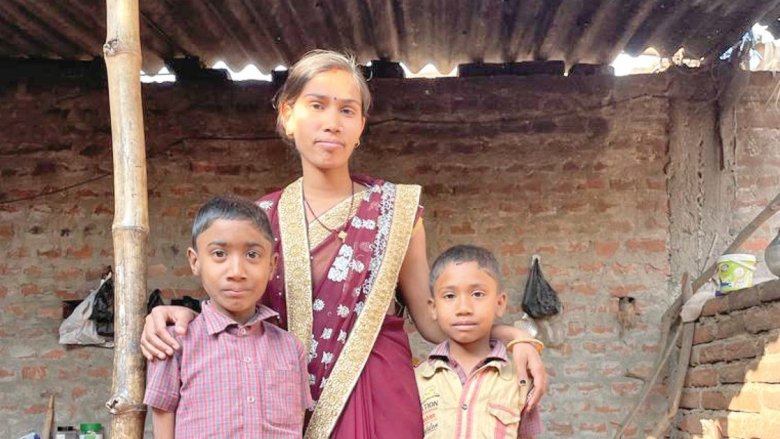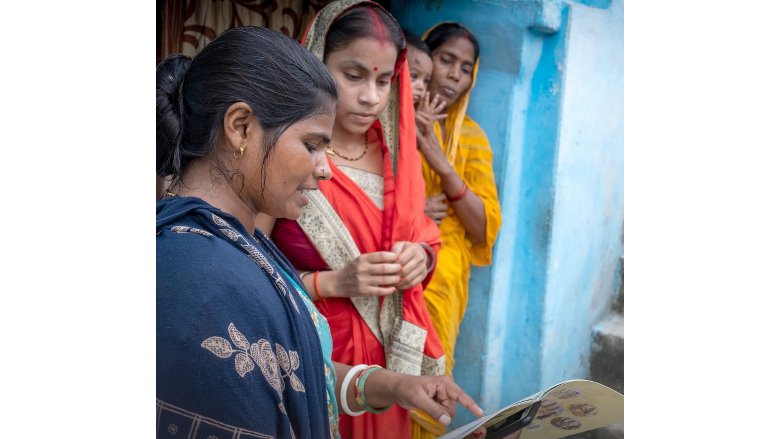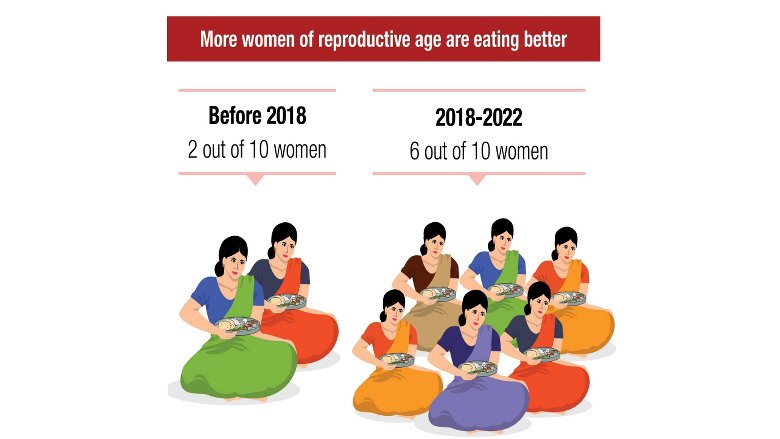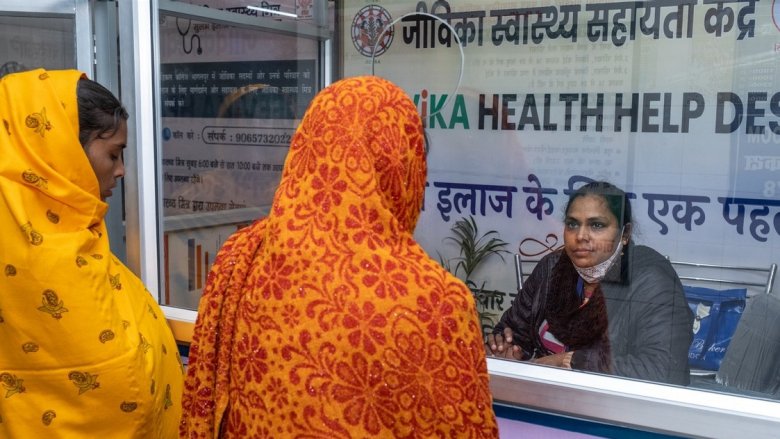“When my first child was born in 2014, he weighed just around 1.25 kgs,” recalls Ruby Devi, a homemaker in Ratni village of Jehanabad district in the eastern Indian state of Bihar. “He would fall sick often and grew up to be a slow learner.” However, everything changed after 2016 when Ruby Devi learned about the importance of proper nutrition during pregnancy, the ideal spacing between pregnancies, and how to feed her baby correctly. Her second child was born healthier at 3.5 kgs, and is now ready to start second grade, while the elder one remains in the first grade.
Ruby Devi is one of the beneficiaries of the World Bank-supported JEEViKA program, which has significantly improved awareness about nutrition among millions of women members of self-help groups across the state. This is a remarkable achievement, considering Bihar's high percentage of poor people, who face challenges in health, education, and overall standard of living.
Vinita, 29, from Muzaffarnagar, Bihar, is a “Poshan Sakhi” – nutrition friend – under the JEEViKA program. Speaking about the challenges she faced when she first joined the program in 2019, Vinita recalls, "Many women in the village would hastily retreat at the mere mention of nutrition during pregnancy or the importance of regular check-ups." Bihar, at that time, was steeped in old beliefs regarding childbirth, and old mothers argued that what worked for previous generations would suffice for today's young expectant mothers.
Today, Vinita is welcomed with open arms as she visits five to seven households daily, engaging in conversation with pregnant women and their families about proper nutrition, routine health check-ups, and even suggesting meals that can be prepared using ingredients readily available in their homes. To indicate progress, she places a red dot – ‘bindi’ in the homes where she feels there is room for improvement and a green one where she is confident that her advice is being followed. Over the years, Vinita is delighted to see the once red bindis gradually turning into vibrant greens.







